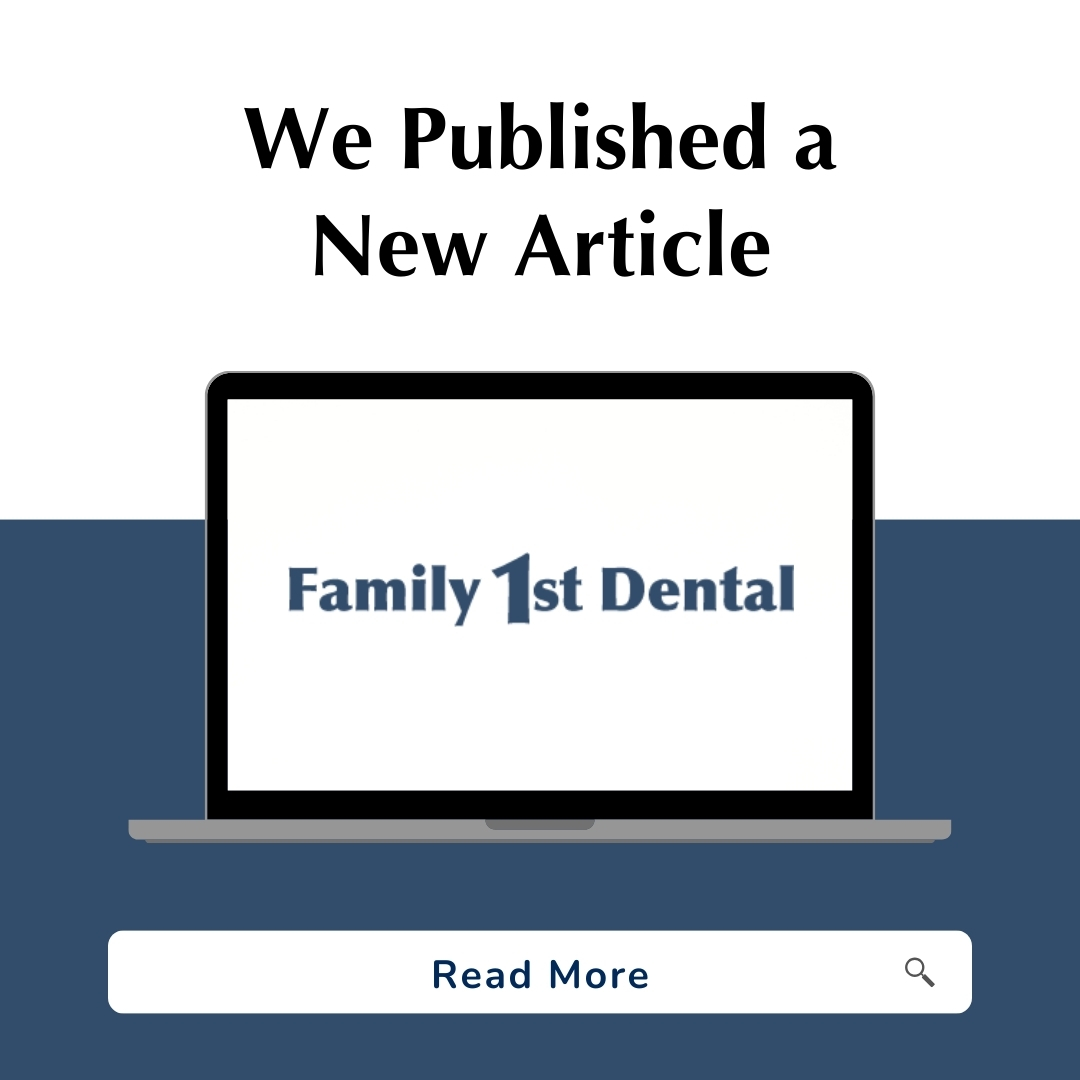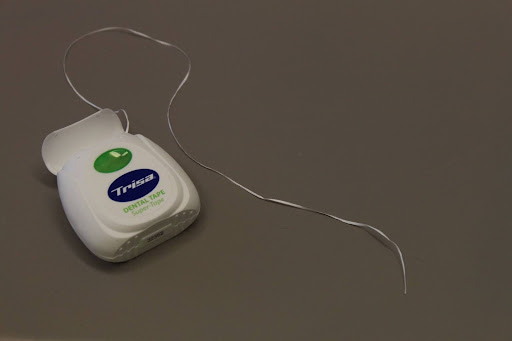
Chewing gum has been a beloved pastime for centuries, offering flavorsome indulgence and a quick breath freshener. But the burning question remains: Is gum truly beneficial for your oral health? The surprising answer lies in the type of gum you choose.
Yes, gum can indeed be good for your oral health, provided it’s sugar-free. Here’s why: Sugar-free gum stimulates saliva production, which plays a crucial role in neutralizing mouth acids and rinsing away food particles and bacteria. This natural defense mechanism helps prevent cavities and tooth decay, making sugar-free gum a valuable addition to your oral care routine.
However, not all gums are created equal. Those containing sugar can actually harm your teeth by fueling bacteria growth, leading to acid production that erodes enamel and invites cavities.
When selecting gum, opt for sugar-free varieties enriched with xylitol, a natural sweetener renowned for its cavity-fighting properties. Xylitol inhibits cavity-causing bacteria growth and aids in acid neutralization, bolstering your oral defense system.
Beyond cavity prevention, chewing gum can also freshen your breath. By stimulating saliva flow, gum helps wash away odor-causing bacteria, while mint or cinnamon flavorings provide an instant burst of freshness.
While chewing gum can complement your oral care routine, it’s not a substitute for proper hygiene practices. Remember to brush your teeth twice daily with fluoride toothpaste, floss regularly, and schedule routine visits to your dentist in Osmond for comprehensive oral exams and cleanings.
In essence, sugar-free gum can be a boon for your oral health, promoting saliva production to combat acidity and bacteria buildup. Just ensure your gum of choice is sugar-free and contains xylitol for optimal benefits. And always prioritize consistent oral hygiene habits to safeguard your smile’s longevity. So, go ahead, indulge in that guilt-free chew – your oral health will thank you!

















